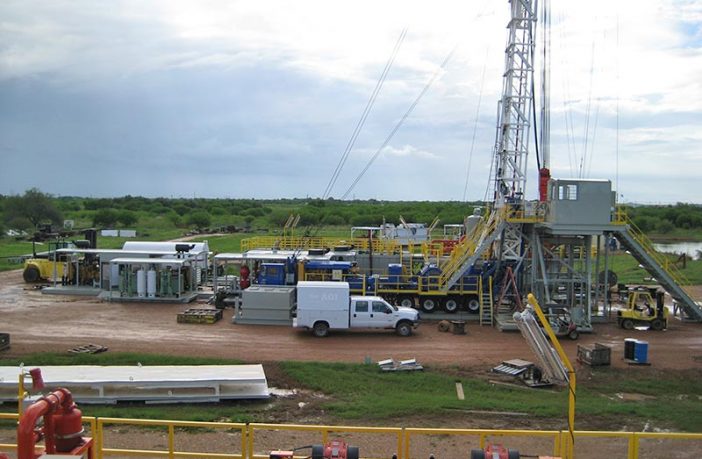- The World Wildlife Fund (WWF) has urged the Namibian government not to approve additional environmental impact assessments (EIAs) around Reconnaissance Energy Africa’s exploration of the Okavango Basin.
- The WWF has called for a holistic strategic environmental assessment (SEA) to be conducted to determine the full implications of exploration.
In August 2020 Canadian oil and gas firm, Reconnaissance Energy Africa Limited (Recon Africa), announced that it was planning to drill oil and gas wells in an environmentally sensitive and highly protected area in southern Africa that supplies the Okavango Delta – the largest inland delta in the world – with water.
The firm says it has acquired the rights to drill in more than 35,000 km2 of north-east Namibia and north-west Botswana. According to site maps, the proposed drilling location sits along the banks of the Kavango River, straddling the border between Namibia and Botswana, inside the newly proclaimed five-nation Kavango-Zambezi (KAZA) Transfrontier Conservation Area – the largest protected area in southern Africa.
Related news: Paradise Closing Down? The ghastly spectre of oil drilling and fracking in the Okavango Delta
Maps from both the Namibian and Botswana ministries of mines confirm that Recon Africa – which is listed on the Canadian TSX Venture Exchange – has been granted petroleum-prospecting licences in the area.
The WWF says ReconAfrica’s follow-up consultation process was flawed and failed to reach key stakeholders, including communities. They insisted that ReconAfrica’s approach to assessing potential impacts is not satisfactory, because of the potential scale of the drilling operation and the complex hydrology of the basin.
Tensions rose in a public consultation held in Windhoek last week for ReconAfrica’s 2D seismic survey. ReconAfrica tried to stress that their endeavours complied with local regulations.
Stakeholders and concerned members of the public in attendance said ReconAfrica’s public consultation method did not follow due process – specifically because their EIA was not comprehensive enough. Read more
WWF is also concerned about possible fracking.
“Major economic and political difficulties could ensue if, for example, it is discovered late in the process – when considerable resources and political capital have already been committed – that there are potential serious risks to biodiversity, water security quality and the welfare of local rural communities,” the WWF said.
It said ReconAfrica’s assessment of the potential impact does not comply with best or international practices.
Author: Bryan Groenendaal















